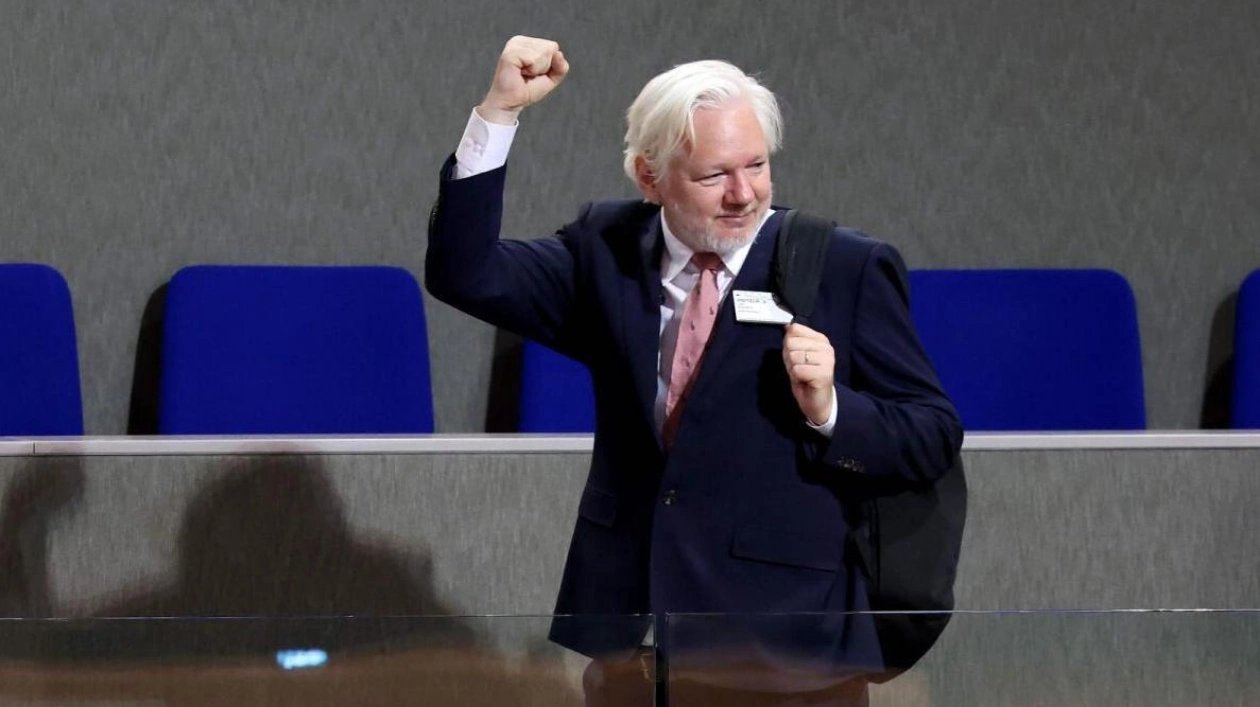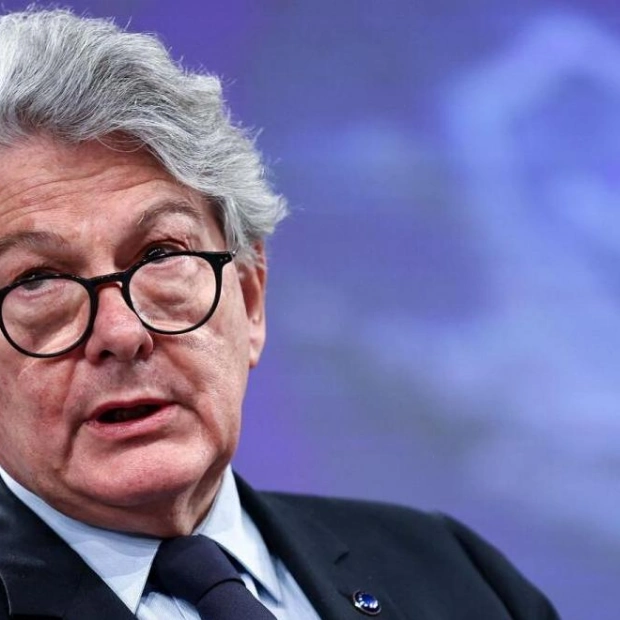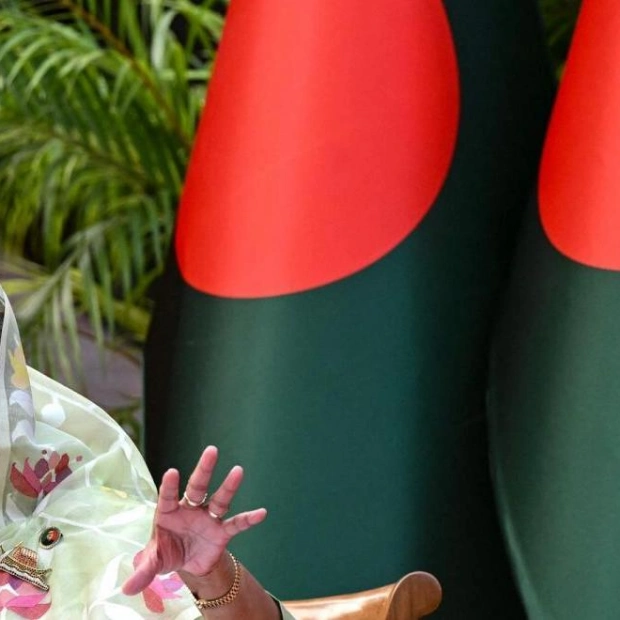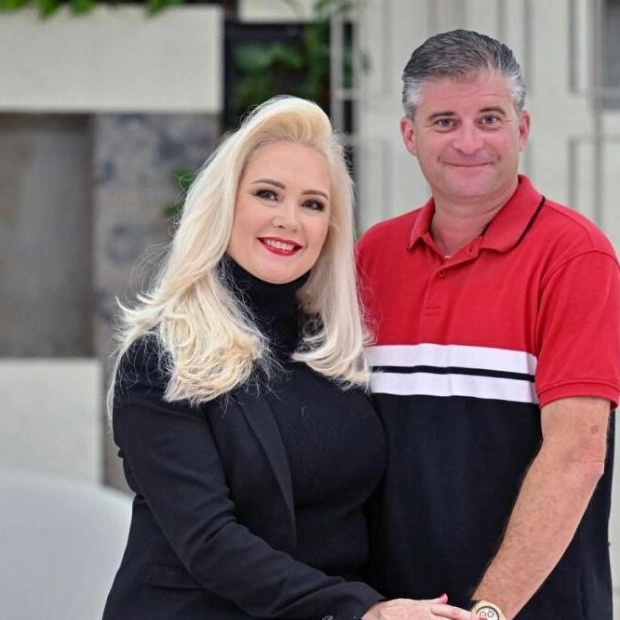The prosecution of Wikileaks founder Julian Assange was deemed 'politically motivated' and had a 'chilling' impact on the entire media landscape, according to the parliamentary arm of the pan-European rights body, the Council of Europe, on Wednesday.
Assange, who published thousands of leaked diplomatic cables through his site, secured his freedom in June after over five years in a British prison. He pleaded guilty to a charge under the US espionage act. In his first public remarks since his release, Assange addressed the Parliamentary Assembly of the Council of Europe (PACE) on Tuesday, stating he had 'pleaded guilty to journalism'.
The resolution passed by PACE's lawmakers, representing the 46 member states of the Council of Europe, highlighted that Assange had endured 'more than a decade of politically motivated prosecution for his journalistic work.' The resolution cautioned that the 'disproportionately harsh treatment' of Assange 'creates a dangerous, chilling effect and a climate of self-censorship affecting all journalists.' The resolution was approved with 88 votes in favor, 13 against, and 20 abstentions, drawing loud applause in the chamber. Assange, accompanied by his wife Stella and Wikileaks editor-in-chief Kristinn Hrafnsson, saluted the chamber and raised a fist in triumph from the public gallery.
Assange initially sought refuge in the Ecuadorian embassy in London. Upon being forced to leave in April 2019, he was held in London's high-security Belmarsh prison. He was released after a hearing on the US Pacific island of Saipan in June and was sentenced to time served. Prior to his visit to the Council of Europe headquarters, he spent time with his family in Strasbourg.
Sunna Aevarsdottir, the PACE's rapporteur on political prisoners and an Icelandic lawmaker, stated: 'If you look at the definition of a political prisoner, Julian Assange and his case fulfil that definition.' The PACE resolution expressed 'alarm' over reports that the CIA was covertly surveilling Assange in the Ecuadorian Embassy in London and 'allegedly developing plans to poison or even assassinate him on United Kingdom soil.' It reiterated its condemnation of all forms and practices of transnational repression and criticized the British authorities for failing 'to effectively protect Assange's freedom of expression and right to liberty.' The UK was urged to 'conduct an independent review' of his treatment 'with a view to establishing whether he has been exposed to torture or inhuman or degrading treatment or punishment.'
While PACE does not have the power to set laws, it can demand action from member states of the Council of Europe, which operates separately from the European Union.






